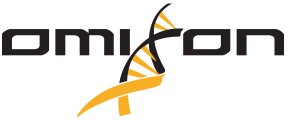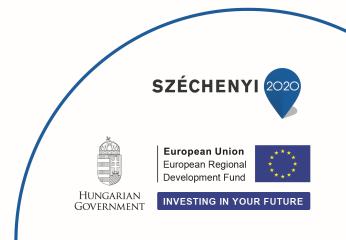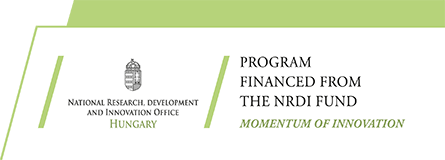Cancer has become one of the biggest killers in the western world. High profile campaigns to tackle breast cancer and other common types have ensured that it is also one of the biggest businesses in modern medicine. To fight a high profile killer you need the best of cures.
Immunotherapy is one of the most powerful cancer treatments available in the modern world. Though the first antibody cancer treatment was only approved by the FDA in 1997, since then a dozen have become available, providing a growing range of treatments with which to battle cancer.
The development of cancer immunotherapy relies on the analysis of genetic data, so that researchers can better understand and improve on treatments. Omixon is proud to play a role in this process, through our specialised products for the analysis of the Human Leukocyte Antigen (HLA) genomic region using Next Generation Sequencing (NGS) data.
Cancer: the body battling itself
There’s a tragic poetry to the workings of cancer. Though it can be triggered by an outside factor, the cancer itself comes from the human body’s normal functions running amok. Systems evolved over millions of years to keep us safe instead turn upon us, cancer cells growing from our own flesh and the genetic coding that orders the body.
There are many types of cancer, but whether it’s lung cancer, ovarian cancer or prostate cancer, the way the disease works is essentially the same. Your body’s regulation of tissue growth falters in the affected region, due to changes in genetic material. This can involve a change to the oncogenes responsible for the reproduction and growth of cells, leading growth to run wild. Alternatively it can come from a failure of the tumour suppressor genes which restrain the lifespan and reproduction of cells to an appropriate level. It just takes one cancer cell to begin a process whose impact includes weight loss, bleeding, organ failure and eventually death for the patient.
Cancer and the immune system
Part of what makes cancer so deadly is that it slips through the body’s normal defence mechanisms. The human immune system has evolved to identify and attack foreign elements that can harm the body. But because cancer cells are made up of the body itself this immune response does not kick into action. Without the support and treatment provided by modern cancer regimens, the body is unlikely to fight back.
That’s where immunotherapy, and the support provided by Omixon, comes in.
How immunotherapy works
Immunotherapy, also referred to as immune enhancement therapy, is a cancer treatment that works by helping and guiding the immune system in battling cancer.
The most successful forms of immunotherapy are antibody therapies. These use antibodies, proteins created by the immune system that can latch onto cells. Externally produced antibodies are introduced to the patient’s system and latch onto the cancer. There they use a number of different methods to destroy the cancer cells and so fight the disease. Cell-based therapies start with doctors removing immune cells from the patient, usually from the blood or the cancerous area. Cells specifically capable of fighting the cancer are then activated, grown outside of the body, and returned to the patient’s system. This cell transfer directly provides the body with the weapons that it needs to fight that cancer.
Antibody therapy may also take the shape of a cancer vaccine. Specific cancer antigens may be used to stimulate the patient’s immune response to fight off the disease. Such cancer antigens maybe be presented on the cell surface of T Cells, a subset of the body’s immune system, associated with specific HLA molecules. The characterization of these antigen-HLA complexes, based on each patient’s genetic profile can be used to develop more effective cancer vaccine therapies.
Where Omixon fits in
Omixon specializes in the analysis of the HLA region. Using our reagents and software we help scientists and doctors to analyse the genetic data at the heart of cancer vaccine development. This isn’t just useful for research and for understanding the broad picture of how cancer works. It is vital to work in identifying early signs of cancer, and in providing personalised treatment suited to the needs of a particular patient and their particular cancer.
Vast pools of complex data require fast, accurate and above all up to date equipment to ensure that they are properly understood. A global company specialising in innovative technologies, our software provides the most accurate analysis and genotyping you can find. Whether running clinical trials, looking at samples to ensure that a patient will respond to immunotherapy, or carrying out cutting edge research to support drug discovery, we have the tools to advance your immunotherapy work.






